I am fascinated with the use of essential oils (EOs) for feeling better physically, emotionally and spiritually.
Even the late Dr. Jeff Bradstreet gave a nod to them during one of his presentations at this year’s AutismOne conference.
In fact, Dr. Bradstreet said that certain essential oils for autism can modify the endocannabinoid pathway, an all-important biochemical pathway that is turning out to be a master regulatory pathway in the body.
Medicine is now seeing that an endocannabinoid deficiency is common in children with autism and other spectrum disorders.
Dr. Bradstreet noted that lavender, rosemary, hops, cloves, cannabis and black pepper essential oils for autism can modify this pathway. Cloves and black pepper EOs are high in beta-caryophyllene, a sesquiterpene.
Look for me to fill you in on more biochemistry of EOs in the future, but in the meantime, if you’d like to experience them yourself, you can click here (use code #1799845) to sign up as a distributor and save 24% off retail (they’ll need your social security number for tax purposes) or to simply buy them at retail (you won’t need to provide your social security number).
If you do sign up as a distributor, you’ll need to purchase $50 of product per month to stay active. Because I have fun playing around with essential oils, I found that I easily met this goal.
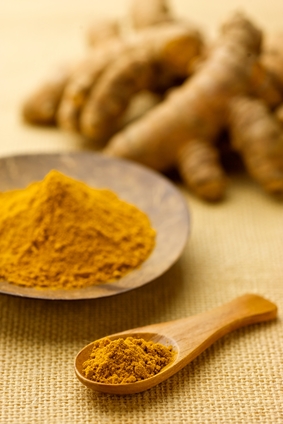
 Now, you might think it strange that I’m writing a book review for “The Diet Cure” by Julia Ross. While I am a health coach, I don’t specialize in weight loss. Instead, I specialize in helping people recover from symptoms of chronic neurological and/or autoimmune issues like autism, ADHD, allergies, asthma, SPD, lupus, fibromyalgia, Lyme and more.
Now, you might think it strange that I’m writing a book review for “The Diet Cure” by Julia Ross. While I am a health coach, I don’t specialize in weight loss. Instead, I specialize in helping people recover from symptoms of chronic neurological and/or autoimmune issues like autism, ADHD, allergies, asthma, SPD, lupus, fibromyalgia, Lyme and more. In the fall of 2013, I attended “
In the fall of 2013, I attended “ You’ve heard it before: everybody is super-stressed these days. Personally, I think a lot of it has to do with technology creep into our daily lives.
You’ve heard it before: everybody is super-stressed these days. Personally, I think a lot of it has to do with technology creep into our daily lives.
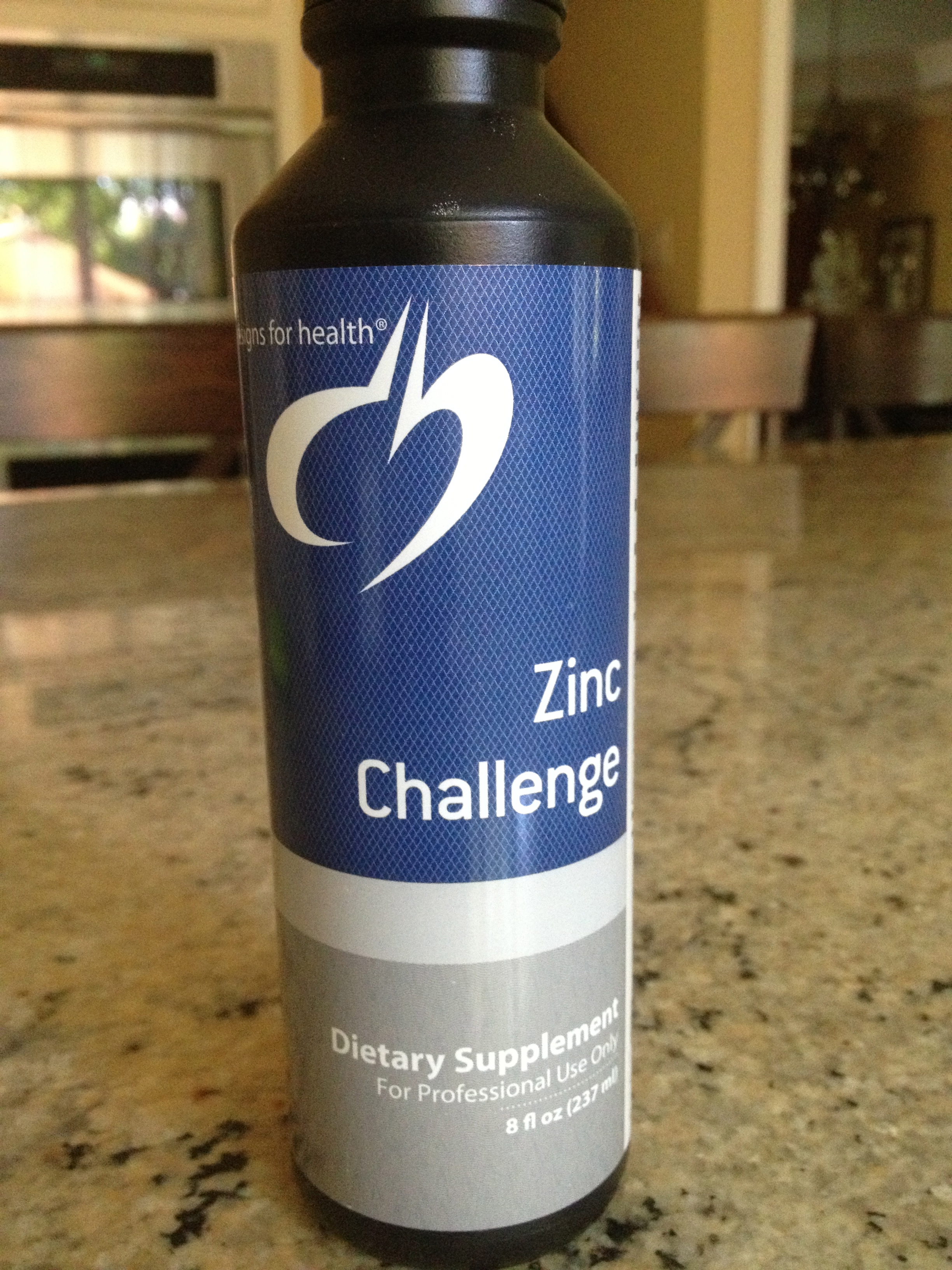 Here’s a fun way to test for a zinc deficiency, which is common in many people, especially those with compromised immune systems: do a zinc challenge.
Here’s a fun way to test for a zinc deficiency, which is common in many people, especially those with compromised immune systems: do a zinc challenge.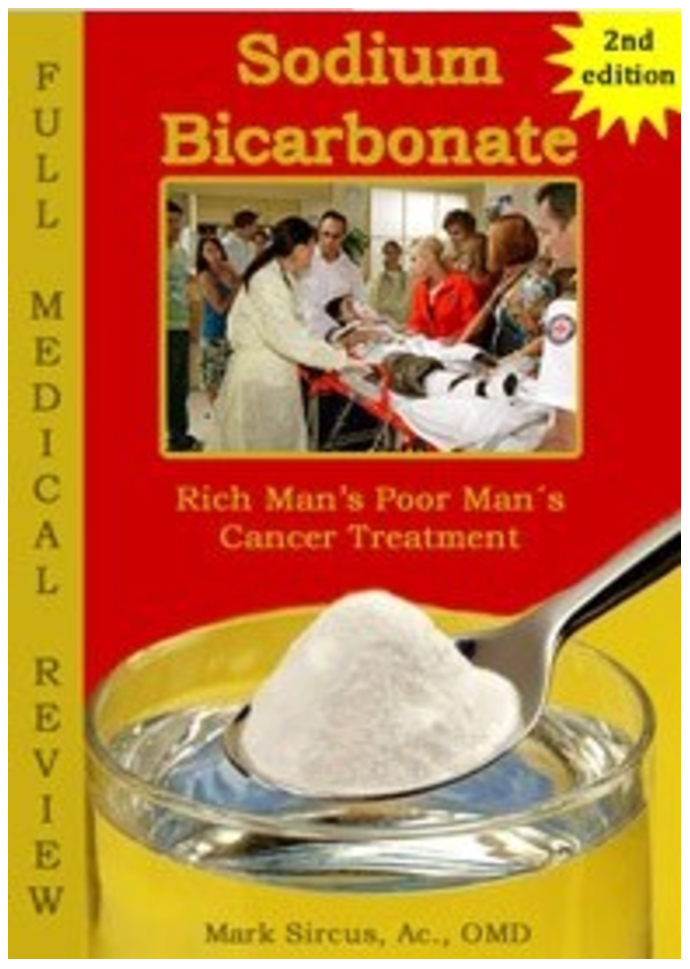 I have to say, I was fascinated with the material in Dr. Mark Sircus’ book, “Sodium Bicarbonate: Rich Man’s, Poor Man’s Cancer Treatment” because it provides a fundamental framework for understanding the nature of disease: that chronic health conditions and diseases arise from an acidic state of the body.
I have to say, I was fascinated with the material in Dr. Mark Sircus’ book, “Sodium Bicarbonate: Rich Man’s, Poor Man’s Cancer Treatment” because it provides a fundamental framework for understanding the nature of disease: that chronic health conditions and diseases arise from an acidic state of the body.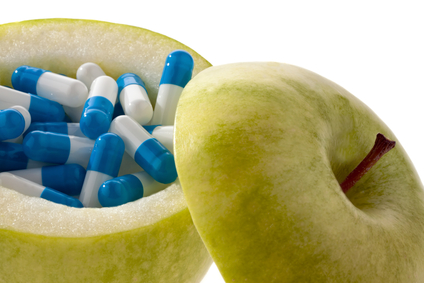 Nutritional deficiencies are rampant. I believe many people are falsely lulled into a sense of security by RDA (recommended daily allowances) listings on food and nutrients.
Nutritional deficiencies are rampant. I believe many people are falsely lulled into a sense of security by RDA (recommended daily allowances) listings on food and nutrients.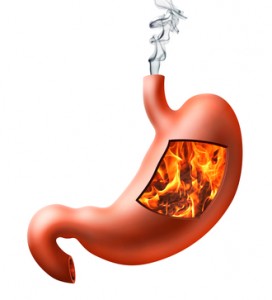 Believe it or not, acid reflux medication dangers are real, and these medications do major harm to your body. Shocking, right?
Believe it or not, acid reflux medication dangers are real, and these medications do major harm to your body. Shocking, right?

